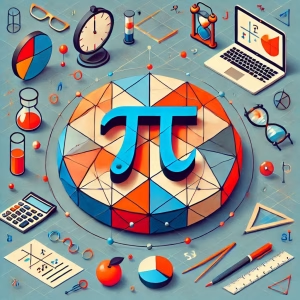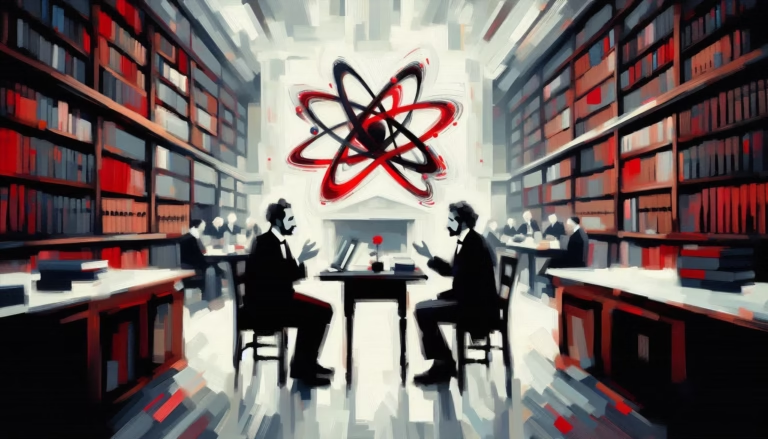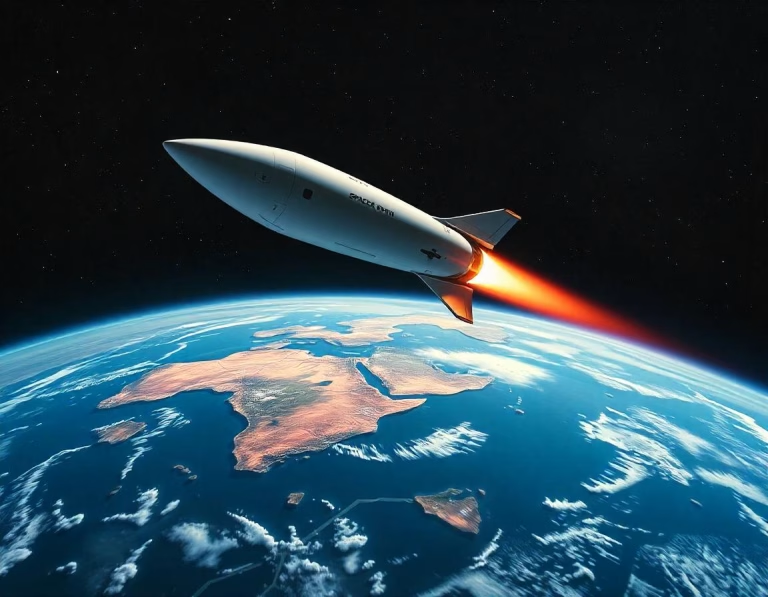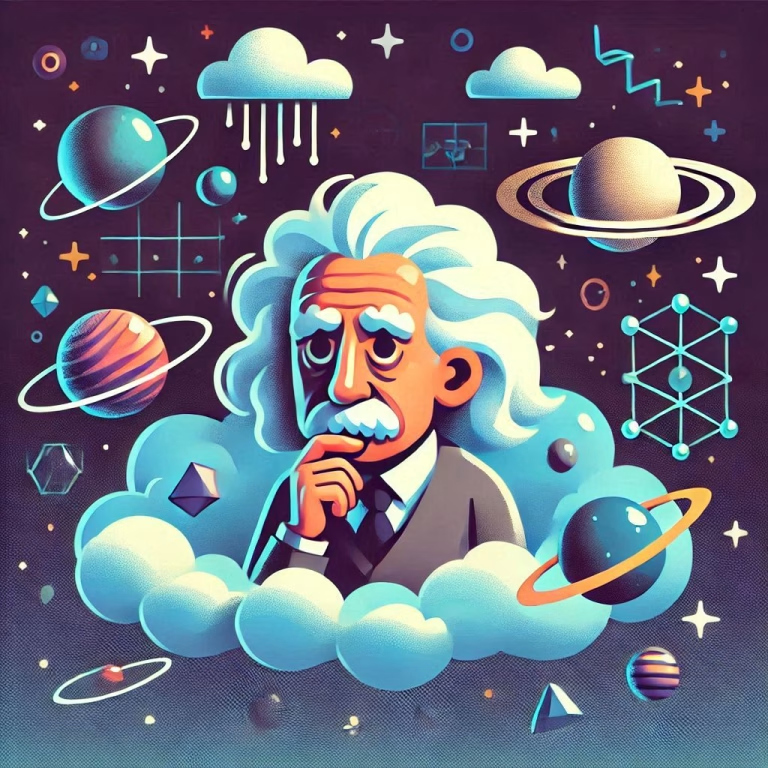It’s a curious question that has puzzled thinkers for thousands of years: can hot water freeze faster than cold water? The idea sounds counterintuitive, almost like a riddle. Yet, it has been observed throughout history, first noted as far back as the 4th century BC by the Greek philosopher Aristotle. He speculated on why this phenomenon could occur, but even now, science struggles to fully explain it. The mystery, often referred to as the Mpemba Effect, remains one of the most intriguing puzzles in thermodynamics.
What makes this question so captivating is its ability to challenge our intuitive understanding of how heat and cold behave. Over the centuries, many scientists have tried to solve this puzzle, proposing explanations ranging from evaporation rates to hydrogen bonding. However, no single theory has been able to address all the complexities, and experimental results have often been inconsistent. Let’s dive into the science, the hypotheses, and the challenges of understanding this mysterious effect.
The Historical Roots of the Mpemba Effect
The Mpemba Effect takes its name from Erasto Mpemba, a Tanzanian student who, in the 1960s, observed that hot milk froze faster than cold milk when making ice cream. Although Mpemba was not the first to notice the effect—Aristotle, Francis Bacon, and René Descartes all commented on similar phenomena—his observations reignited scientific interest. It’s worth noting that the Mpemba Effect applies to specific conditions. It does not claim that hot water always freezes faster than cold water, but that, under certain scenarios, it can.
To date, the scientific community remains divided. Is the Mpemba Effect a real phenomenon in water, or is it a byproduct of experimental error? The debate continues, but let’s examine some of the leading hypotheses that attempt to explain why it might happen.
Hypotheses Behind the Mpemba Effect
- Evaporation
One of the earliest explanations suggests that warm water loses heat more quickly through evaporation. As the warm water evaporates, its mass decreases, leaving less water to freeze. However, this hypothesis has a major limitation: it doesn’t fully account for cases where containers are covered to prevent evaporation. Even in such setups, the Mpemba Effect has sometimes been observed, which suggests other factors might be at play. - Frost Insulation
Another explanation involves the formation of frost layers. When cold water is exposed to freezing temperatures, frost forms on its surface. This frost can act as an insulator, slowing the cooling process. In contrast, hot water might delay frost formation, allowing it to lose heat more rapidly at the start. But here’s the paradox: frost is a poor conductor of heat, so how does it insulate so effectively? This raises more questions than it answers. - Hydrogen Bonding
At the molecular level, water is a fascinating substance. Its hydrogen bonds give it unique properties. Some researchers propose that hot water’s stretched molecular bonds might “snap back” into a more favorable configuration when cooled, making it easier to form ice crystals. While this explanation aligns with the chemistry of water, it is still a hypothesis and lacks definitive experimental proof. - Convection Currents
Hot water often exhibits more vigorous convection currents, the movement of heat within the liquid. These currents could enable faster heat transfer, helping the water cool down more evenly. On the other hand, cold water has weaker convection currents, which might slow the freezing process. This hypothesis highlights the dynamic nature of heat transfer but is hard to test in a controlled environment. - Dissolved Gases
Hot water holds fewer dissolved gases than cold water because heating drives them out. Some scientists argue that these gases might interfere with the freezing process, making it slower for cold water to solidify. Removing this interference could explain why hot water might freeze faster, but again, this theory doesn’t account for all experimental observations.
Challenges in Reproducing the Effect
Testing the Mpemba Effect isn’t as simple as putting two containers of water into a freezer. As physicist Burridge and mathematician Linden discovered, precision is key. Small differences in experimental conditions can lead to different results. For instance:
- Temperature gradients within the water can affect how it freezes.
- The material and shape of the container can influence the heat transfer.
- Evaporation rates vary depending on the surrounding air.
- Gas concentrations in the water may change from one sample to another.
These variables make it almost impossible to control every aspect of the experiment. Therefore, studies attempting to replicate the Mpemba Effect have often provided inconsistent results.
Theoretical Insights: Nonequilibrium Thermodynamics
While experimental evidence for the Mpemba Effect remains elusive, theorists have turned to statistical mechanics for answers. In recent years, scientists like Lu and Raz have developed models showing how systems far from equilibrium might behave in counterintuitive ways. Their research explores how non-equilibrium systems can take “shortcuts” to reach equilibrium faster.
For example, imagine a chaotic system of particles trying to settle into a stable state. Under certain conditions, hotter systems might find a more direct path to equilibrium than cooler ones. While these models don’t fully explain the Mpemba Effect in water, they offer valuable insights into the complex dynamics of freezing and other phase transitions.
So, the next time you boil water for tea or watch ice form in your freezer, take a moment to appreciate the molecular dance happening before your eyes. Who knows? Maybe the Mpemba Effect will inspire you to ask your own counterintuitive questions about the world. After all, science isn’t just about finding answers—it’s about embracing the mysteries along the way.







